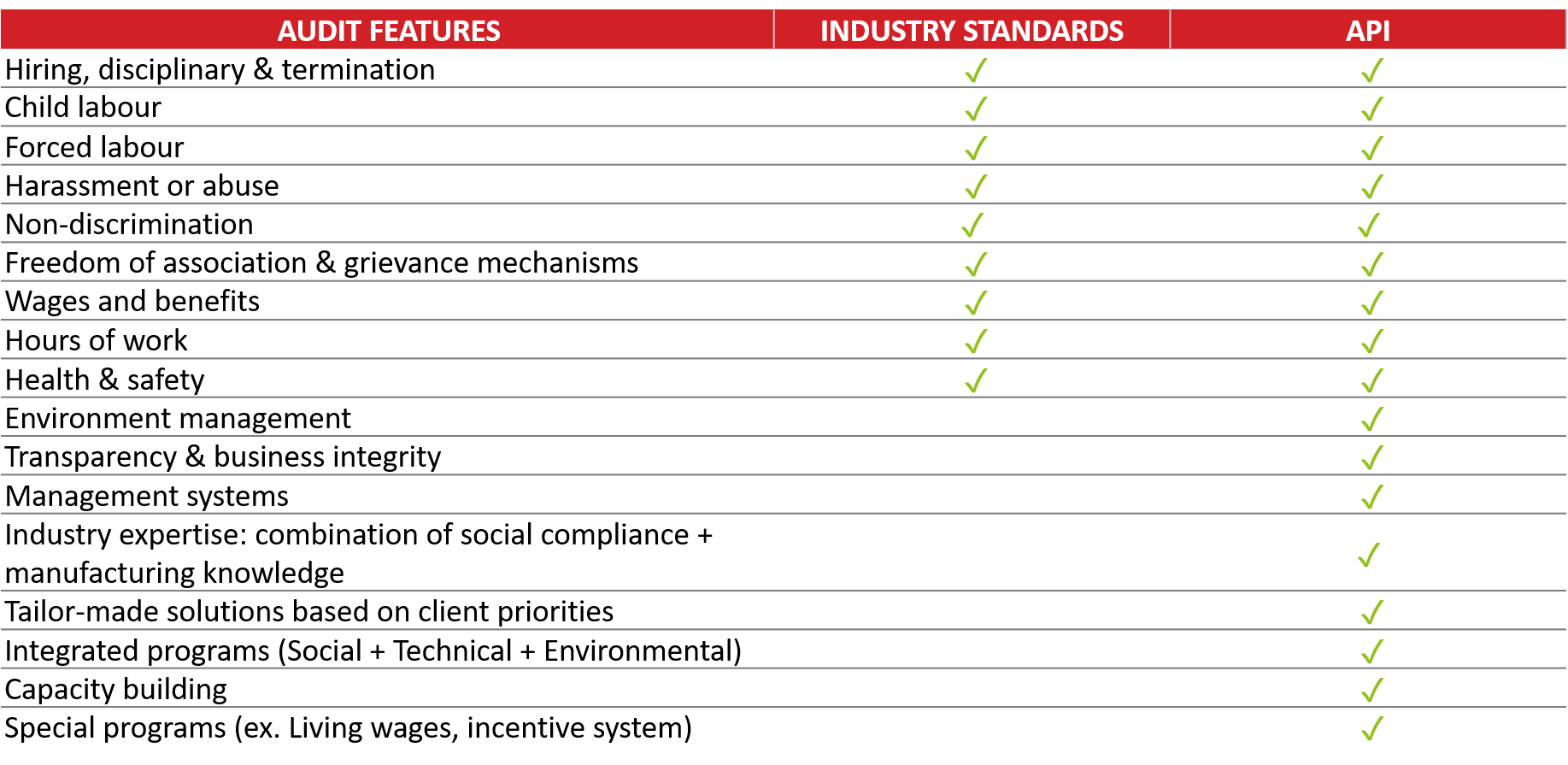
In the last few years, we have seen companies and brands increasingly change the way they operate. The views of the customer are evolving and companies and brands need to adapt quickly. The coronavirus pandemic catalyzed a debate about the broader impact of human actions, with people concerned about the way we live, issues of social justice, and our destruction of the environment.
Increasingly, customers value companies and brands they can trust. Today’s consumer wants to purchase from companies and brands that are transparent in their work, create an impact, offer sustainable alternatives to regular products, and are vocal about causes that matter. Consumers have rising concerns about climate change, pollution, biodiversity loss, resource scarcity and the wider well-being of society. These changing behaviors and values regarding environmental friendliness, social responsibility, and economic inclusiveness translate into a demand for corporate change.

Source: How sustainability is fundamentally changing consumer preferences – Capgemini
The global consumer goods industry is increasingly implicated in the debate because it faces significant challenges of its own and because many of its consumers are leading the movement for change. According to the Capgemini Research Institute, 79% of consumers are changing purchase preference based on the social responsibility, inclusiveness or environmental impact of their purchases.
Most companies, regardless of their size, are realizing the importance of creating products that show their brand positioning as a company that cares for the causes close to their heart. From environmental issues to social justice, it comes down to simply making a difference.
Additionally, there is increasing pressure from countries and NGOs, with continuous initiatives to reinforce control and ensure more responsible practices. The European Commission, for instance, recently proposed an import ban on products manufactured using forced labor, a proposal that still requires discussion and agreement by the European Parliament and the Council of the European Union before it is legislated, but that demonstrates the mechanisms under consideration to stop forced labor and modern slavery.
While there has been great improvement in recent years, the industry still struggles with ethical issues. Some of the most frequent issues found in the fashion industry include low wages, child labor, animal cruelty, health and safety risks, and environmental issues. The list, unfortunately, goes on.
Some initiatives for change could include:
The industry-wide initiatives around sustainability and CSR are endless, and these examples can be considered as good starting points.
There are many industry initiatives and reference tools that set the guidelines and requirements brands must follow to be more socially and environmentally responsible. Some of the most well-known ones include:
How Our Expert Support Can Help You
At API, we provide expert solutions to support our customers in their CSR journey. Some of our programs include:
Thanks to our boots-on-the-ground approach, we offer adapted solutions to our customers that go beyond the traditional industry standards. We put our expertise at the service of our customers with concrete solutions that leverage our daily presence in factories, such as follow-up on sustainability.

Interested in finding out more about our CSR solutions?

Want to know more about one of our many services? Contact us to find out more information about what API can do for your company today.
Address
Copyright © 1981 – 2022 API. All Rights Reserved.